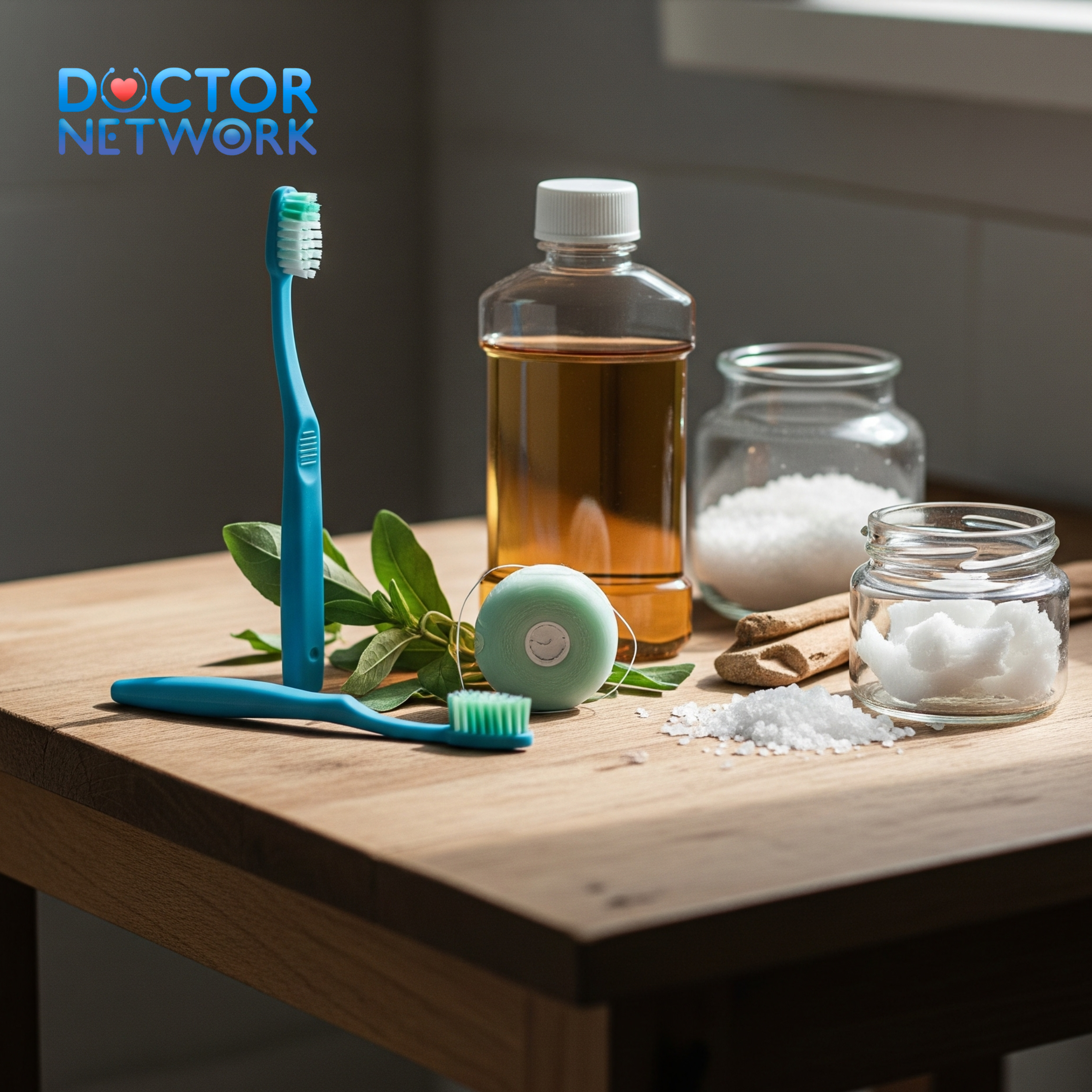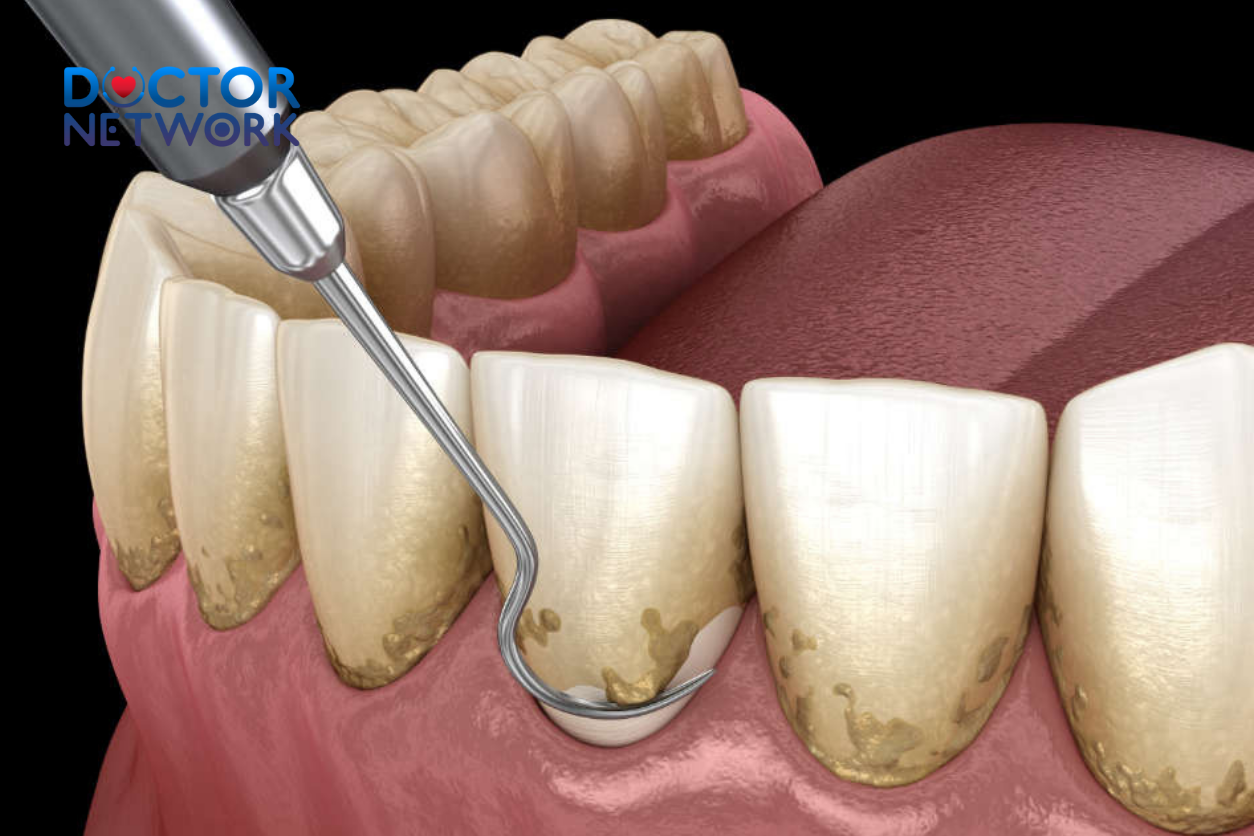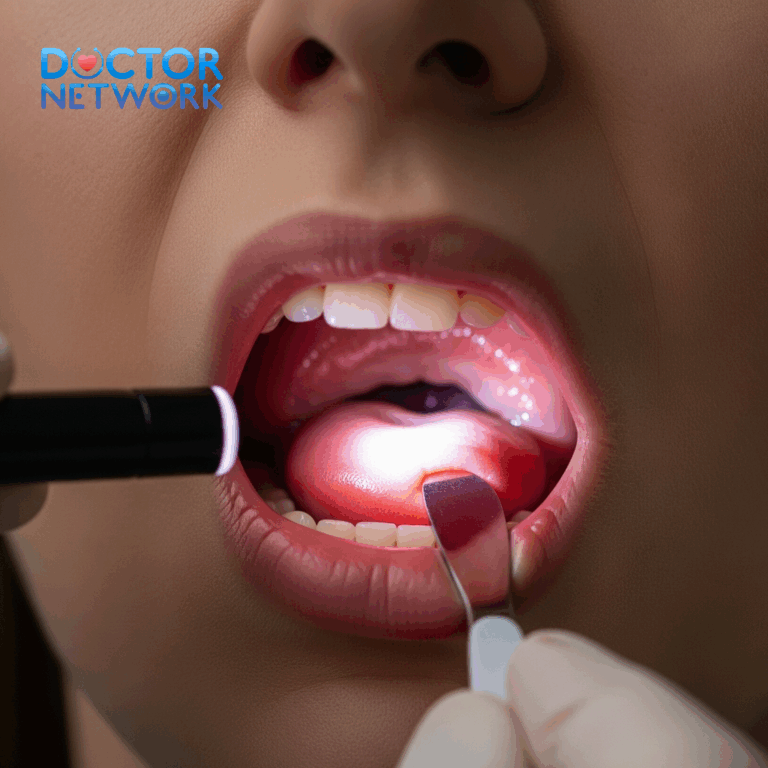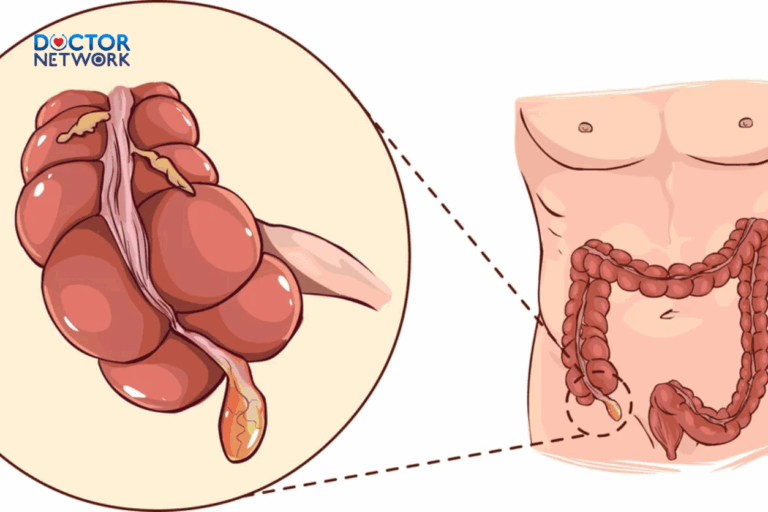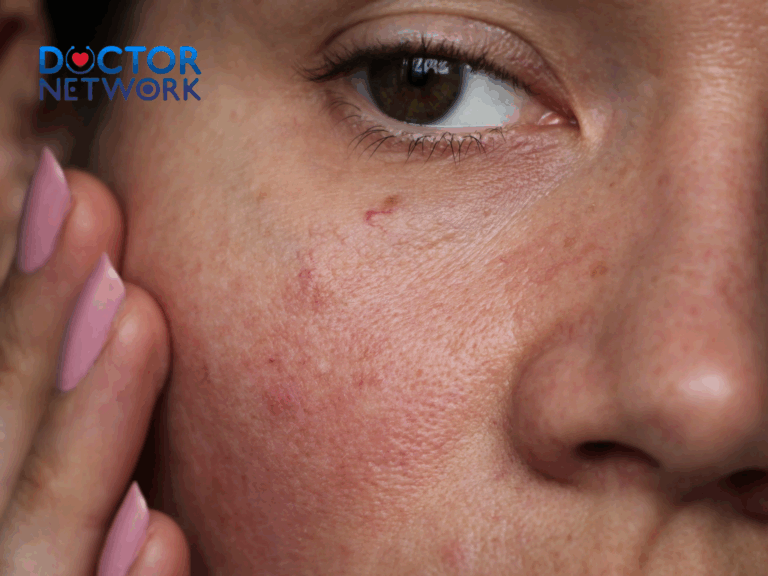Is teeth scaling painful? – Many people delay getting their teeth scaled due to concerns about pain. However, understanding the scaling process and essential considerations will help you feel more at ease when undergoing this crucial dental care procedure.
Tartar: The Silent Enemy of Oral Health
What is tartar? Tartar, also known as dental calculus, is hardened plaque formed by long-term accumulation of food particles that have calcified and adhered tightly to the tooth surface. Regular brushing cannot completely remove tartar.
Harmful effects of tartar:
- Causes sensitivity and discomfort when eating, especially with hot/cold foods.
- A primary cause of bad breath.
- Leads to gingivitis, periodontitis, and increases the risk of loose teeth and tooth loss.
Why is it necessary to remove tartar? Removing tartar is essential to eliminate this “enemy,” helping you maintain strong teeth, fresh breath, and a bright smile.

Removing tartar is essential to eliminate this “enemy,” helping you maintain strong teeth, fresh breath, and a bright smile
Is Teeth Scaling Painful?
“Is teeth scaling painful?” – The answer depends on several factors:
- Generally, scaling causes sensitivity, not pain: This sensation is more pronounced in people with sensitive teeth or mild gingivitis.
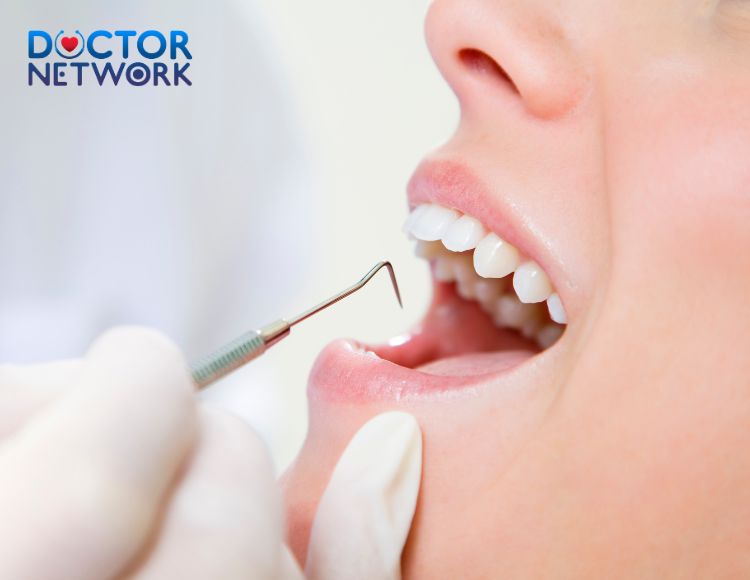
This sensation is more pronounced in people with sensitive teeth or mild gingivitis
- Modern techniques minimize invasiveness: Ultrasonic devices with appropriate vibration frequencies quickly remove tartar and reduce discomfort for patients.
- Key factors: The dentist’s skill and the individual’s oral health condition.

Professional Teeth Scaling Process
- Examination and consultation: The dentist assesses the extent of tartar, gum condition, advises the patient, and may request X-rays if necessary.
- Anesthesia (if needed): If you are very sensitive or have severe inflammation, the doctor may use local anesthesia.
- Tartar removal: An ultrasonic device cleans each tartar patch on the tooth surface and near the gum line.
- Polishing: Cleaning and smoothing the tooth surface to reduce tartar reattachment.
Post-Scaling Care
- Mild sensitivity is normal: This sensation will gradually decrease within a few hours to a few days.
- Limit: Extremely hot or cold foods and drinks initially.
- Expert advice:
- Use toothpaste for sensitive teeth.
- Rinse with warm salt water to reduce sensitivity and inflammation.
- Follow the dentist’s follow-up and care instructions.
At-Home Tartar Removal: Is It Possible?
Home tartar removal tools are available on the market, but experts advise against self-treatment. The risk of damaging teeth and gums is high. These tools are only supplementary and cannot replace professional scaling at a dental clinic.
Effective Tartar Prevention
Proper oral care:
- Brush at least twice a day for two minutes with fluoride toothpaste.
- Use dental floss daily to clean between teeth.
- Use suitable mouthwash to enhance antibacterial protection.
- Regular dental check-ups: Scaling and oral health checks every six months are a comprehensive way to protect your teeth.
Frequently Asked Questions About “Is teeth scaling painful?”
Here are five common questions related to “Is teeth scaling painful?” and their answers:
- Do I need to fast before scaling?
- Answer: No, you do not need to fast. It’s best to have a light meal before visiting the clinic to avoid low blood sugar and discomfort during the procedure.
- Does scaling cause bleeding?
- Answer: If your gums are healthy, scaling usually causes only slight bleeding that stops quickly after the procedure. However, if you have gingivitis or periodontitis, bleeding may be more noticeable. The dentist will provide specific home care instructions to reduce bleeding and promote recovery.
- How long does sensitivity last after scaling?
- Answer: Sensitivity usually subsides within a few hours to 1-2 days. If it persists or becomes unbearable, contact your dentist for a follow-up examination.
- Is scaling safe during pregnancy?
- Answer: Not only is it safe, but it is also recommended. Gingivitis and other oral diseases in pregnant women can lead to severe health issues. However, inform your dentist about your pregnancy and avoid procedures in the first trimester if possible.
- At what age can children get their teeth scaled?
- Answer: Children can start scaling when their primary teeth are relatively complete, typically around 3-4 years old. Tartar can form and affect dental health at this age. Consult a pediatric dentist for the best advice for your child.
Scientific Evidence Related to “Is teeth scaling painful?”
Here are evidence about “Is teeth scaling painful“:
Pain levels during scaling:
- 2018 study by Seoul National University College of Medicine: Evaluated pain levels in 100 patients undergoing ultrasonic scaling. Results showed 84% of patients felt no pain, 14% felt mild sensitivity, and only 2% felt pain.
- 2020 study by Harvard School of Dental Medicine: Compared pain levels between ultrasonic scaling and traditional hand instruments. Results indicated significantly lower pain levels in the ultrasonic group (p < 0.05).
Factors affecting pain levels:
- Tartar amount: More tartar increases the likelihood of sensitivity and pain.
- Gum condition: Healthy gums bleed and feel sensitive less than inflamed gums.
- Scaling technique: Modern ultrasonic devices reduce invasiveness and discomfort.
- Dentist’s skill: Experienced dentists perform procedures more gently and effectively.
Pain reduction methods during scaling:
- Local anesthesia: Dentists may use anesthetics to reduce pain during scaling.
- Sensitive toothpaste: Use toothpaste for sensitive teeth post-scaling to reduce sensitivity.
- Pain relievers: If sensitivity persists, take over-the-counter pain relievers as directed by your dentist.
Safe and effective scaling:
- Choose reputable dental clinics: Opt for clinics with experienced dentists and modern equipment.
- Consult your dentist: They will advise you on the most suitable scaling method for your oral health condition.
- Proper oral care: Maintain good oral hygiene and regular check-ups to sustain optimal dental health.
“Is teeth scaling painful?” – Teeth scaling is a simple dental procedure that offers numerous health and aesthetic benefits. Do not let unfounded fears prevent you from proper oral care. Visit a reputable dental clinic and consult your dentist to ensure a gentle, effective, and safe scaling experience.
References:
https://periodontalhealthcenter.com/blog/does-scaling-and-root-planing-hurt/
https://glenburniedentalgroup.com/blog/teeth-scaling-and-root-planing-pain-risks/
https://www.brookwestfamilydentistry.com/scale-root-planing-painful/
Kiểm Duyệt Nội Dung
More than 10 years of marketing communications experience in the medical and health field.
Successfully deployed marketing communication activities, content development and social networking channels for hospital partners, clinics, doctors and medical professionals across the country.
More than 6 years of experience in organizing and producing leading prestigious medical programs in Vietnam, in collaboration with Ho Chi Minh City Television (HTV). Typical programs include Nhật Ký Blouse Trắng, Bác Sĩ Nói Gì, Alo Bác Sĩ Nghe, Nhật Ký Hạnh Phúc, Vui Khỏe Cùng Con, Bác Sỹ Mẹ, v.v.
Comprehensive cooperation with hundreds of hospitals and clinics, thousands of doctors and medical experts to join hands in building a medical content and service platform on the Doctor Network application.



















